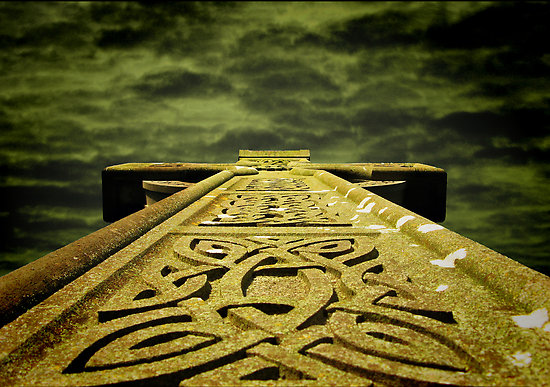There is considerable doubt about the year of Irenaeus’ birth; estimates vary from 97 to 160. It is certain that he learned the Christian faith in Ephesus at the feet of the venerable Polycarp, who in turn had known John the Evangelist. Some years before 177, probably while Irenaeus was still in his teens, he carried the tradition of Christianity to Lyons in southern France.
His name means “the peaceable one”—and suitably so. The year 177 brought hardship to the mission in Gaul. Persecution broke out, and a mounting tide of heresy threatened to engulf the Church. Irenaeus, by now a presbyter, was sent to Rome to mediate the dispute regarding Montanism, which the Bishop of Rome, Eleutherus, seemed to embrace. While Irenaeus was on this mission, the aged Bishop of Lyons, Pothinus, died in prison during a local persecution. When Irenaeus returned to Lyons, he was elected bishop to succeed Pothinus.
Irenaeus’ enduring fame rests mainly on a large treatise, entitled The Refutation and Overthrow of Gnosis, Falsely So-Called, usually shortened to Against Heresies. In it, lrenaeus describes the major Gnostic systems, thoroughly, clearly, and often with biting humor. It is one of our chief sources of knowledge about Gnosticism. He also makes a case for Christianity which has become a classic, resting heavily on Scripture, and on the continuity between the teaching of the Apostles and the teaching of bishops, generation after generation, especially in the great see cities. Against the Gnostics, who despised the flesh and exalted the spirit, he stressed two doctrines: that of the creation as good, and that of the resurrection of the body.
A late and uncertain tradition claims that he suffered martyrdom, about 202.
pg. 298, Lesser Feasts and Fasts, 2006
Lessons:
Psalms 85:8–13
2 Timothy 2:22b–26
Luke 11:33–36


No comments:
Post a Comment